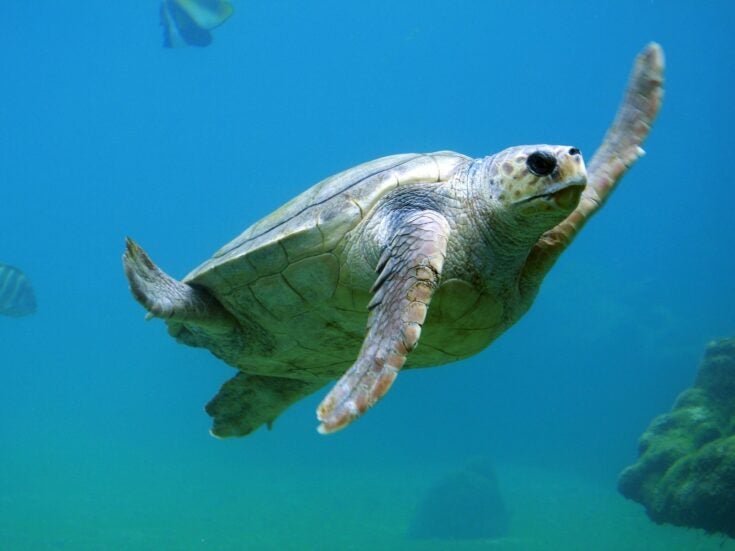So the Eurozone has had to bow to the inevitable: Greece is insolvent, is unable to pay its debts and has defaulted. The EU Summit came up with a ’solution’ for Greece and the three principal players all gave ground.
SO THE EUROZONE has had to bow to the inevitable: Greece is insolvent, is unable to pay its debts and has defaulted. The EU Summit came up with a ‘solution’ for Greece and the three principal players all gave ground: Merkel accepted French demands for a haircut of 20 per cent for the private sector; the ECB accepted a default had to happen; and the EFSF abandoned its pretence of exercising moral hazard by reducing its interest rate from 5.5 per cent to 3.5 per cent for the stuffed PIG — Portugal, Ireland and Greece. The EFSF will also be authorised in future to conduct market operations to buy bonds of countries under pressure and conduct bail-ins. Greece will still be left with €340 billion in debts.
All the Eurocrats slapped each other on the back and left happily to head for the beach for August, and on Friday 22 July, while everyone was busy reading and analysing the lengthy communiqués, it seemed that the bond vigilantes had buried the hatchet, but by about 4pm they started remembering where the handle was, as yields rose again on Italian and Spanish bonds. And another piece of news that everyone seemed to have overlooked amid all the excitement was that the EU’s GDP declined in June — a matter of ongoing significance that is discussed further in Stephen Hill’s article.
The bureaucrats looked for a day to have got ahead of the markets, for once. As this leader was penned, however, doubts were beginning to surface again. The fact is that the parliaments of 27 nations have yet to ratify the necessary legislation; the electorates’ views will have to be heard, and probably ignored; the agreement of the private sector will have to be sought, and all this will take time.
And the fact is that Greece is still insolvent and cannot repay its rescheduled debts, and no one is being trampled on by a rush to buy her €50 billion of assets to be privatised; the EFSF’s funds at €440 billion have not been increased and are inadequate to cope with the next contagion; and no one has said who is going to pay in the extra or how much. If the politicians get to the beach in August, we advise them to make the most of it, because September could come crashing down around their ears as the crisis inevitably continues, when the next bond auctions are due. In the meantime, the eurozone is a sitting duck for a combined raid by the hedge funds and other shorts.
In order to safeguard the eurozone completely, reckons RBS, around €3.4 trillion would be required to shore up the PIGS’ indebtedness, which would take the debt-to-GDP ratios of Germany and France, respectively, to 110 per cent and 112 per cent. Or in other words, there isn’t enough cash to do this.
If they did this nevertheless, over time, either by QE or by floating a eurozone bond, then the EU would look like the dreams of the Habsburgs, Bourbons, Napoleon and Bismarck had been realised: Dublin, Lisbon, Madrid, Rome and Athens and other capitals would be run fiscally by emails from the reconstituted EFSF in Berlin. The democratic deficit at the heart of the Maastricht Treaty — described at the time as ‘an idiocy set to consume the wealth of nations’ — would be complete and these countries would become mere vassal states.
The IMF typically lends to insolvent nations subject to austerity programmes and devaluation, but this latter course is not available in the eurozone, where all you get is the austerity bit. This subservience to the centre is the inevitable conclusion of the EU Summit, which talked about the EFSF being the Trojan Horse that morphs into the European equivalent of the IMF.
The EU will become a democracy-free monetary transfer union with a single foreign policy, as envisaged at Maastricht. There is only one thing to stop this nonsense: the ballot-box.






